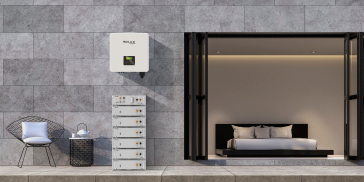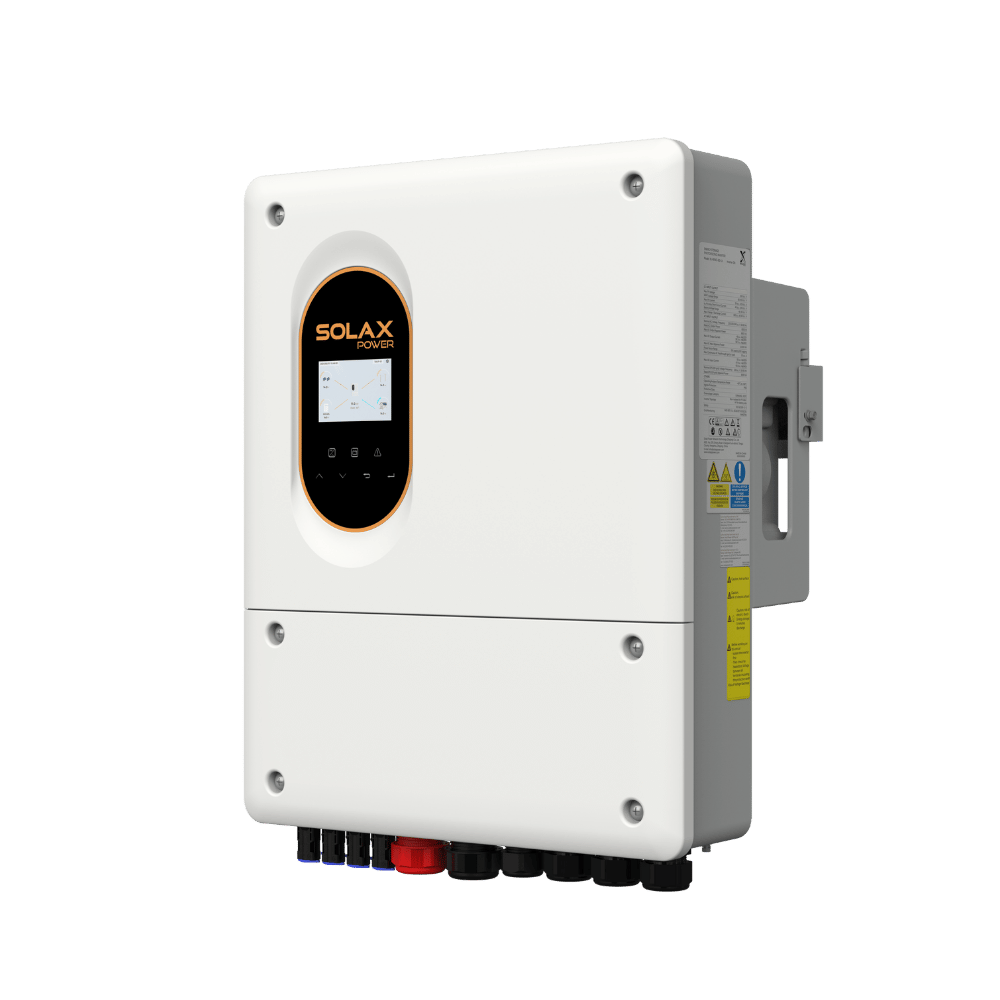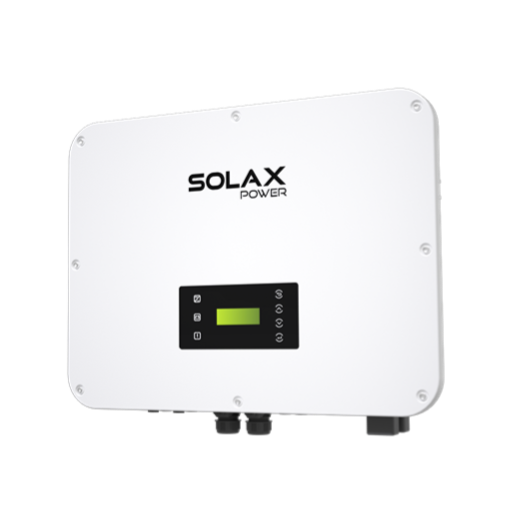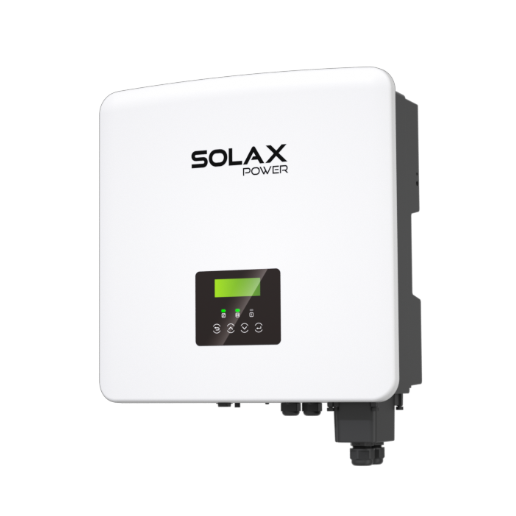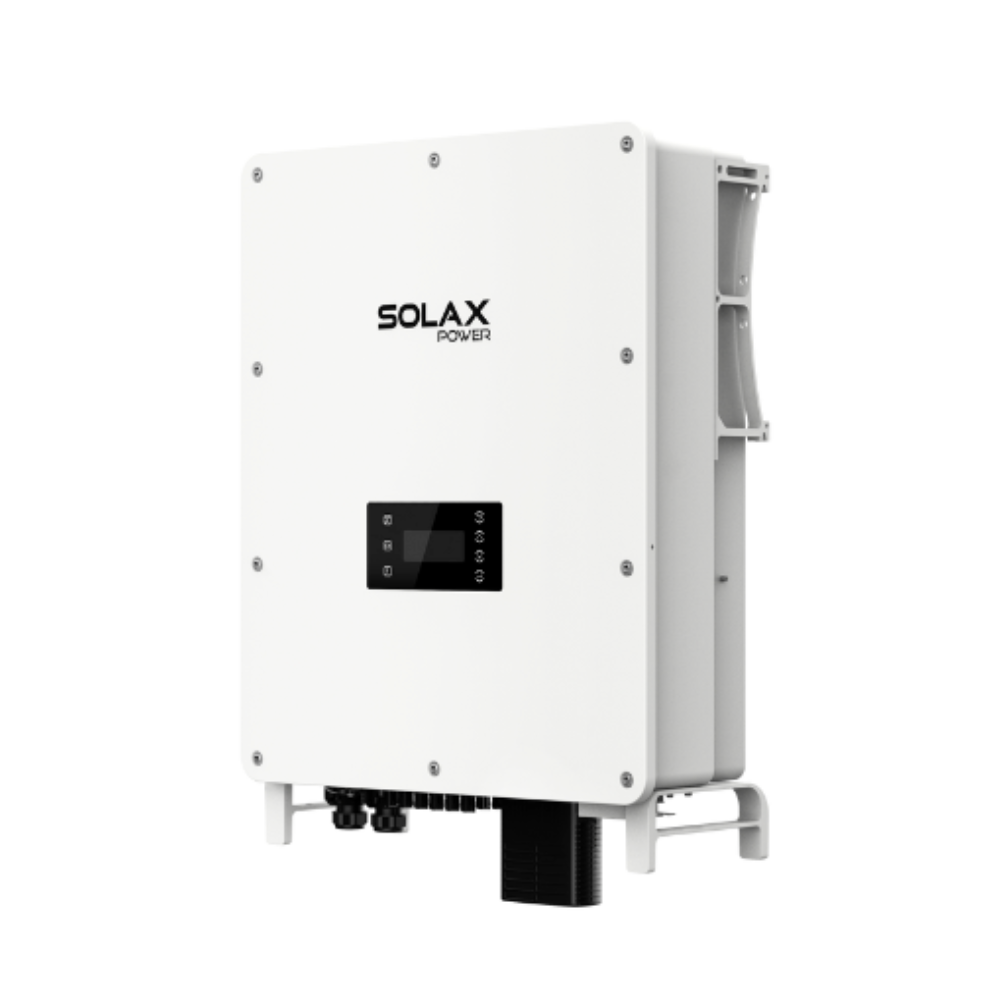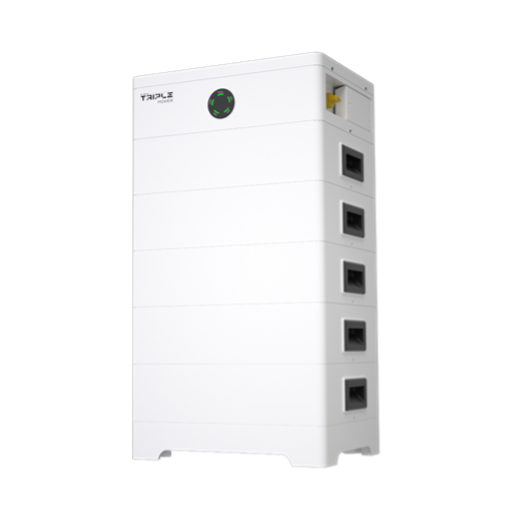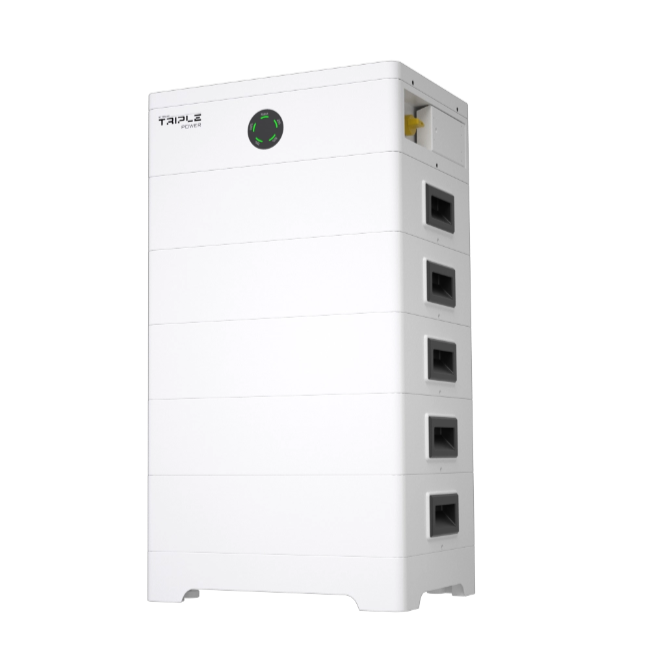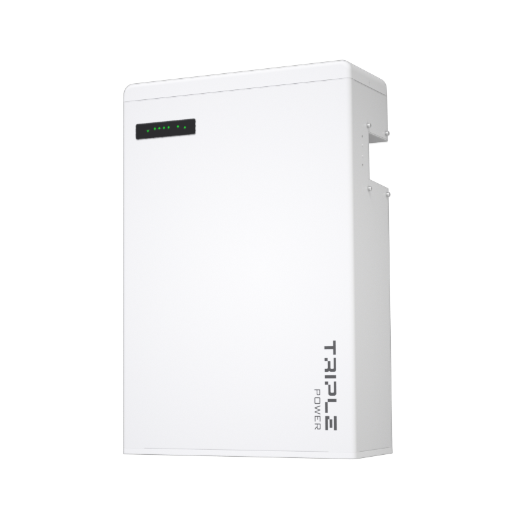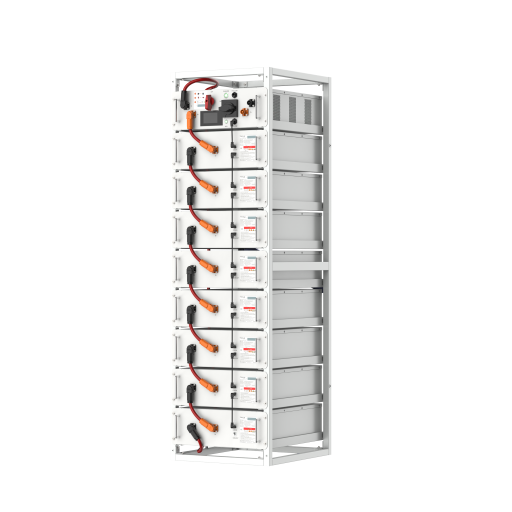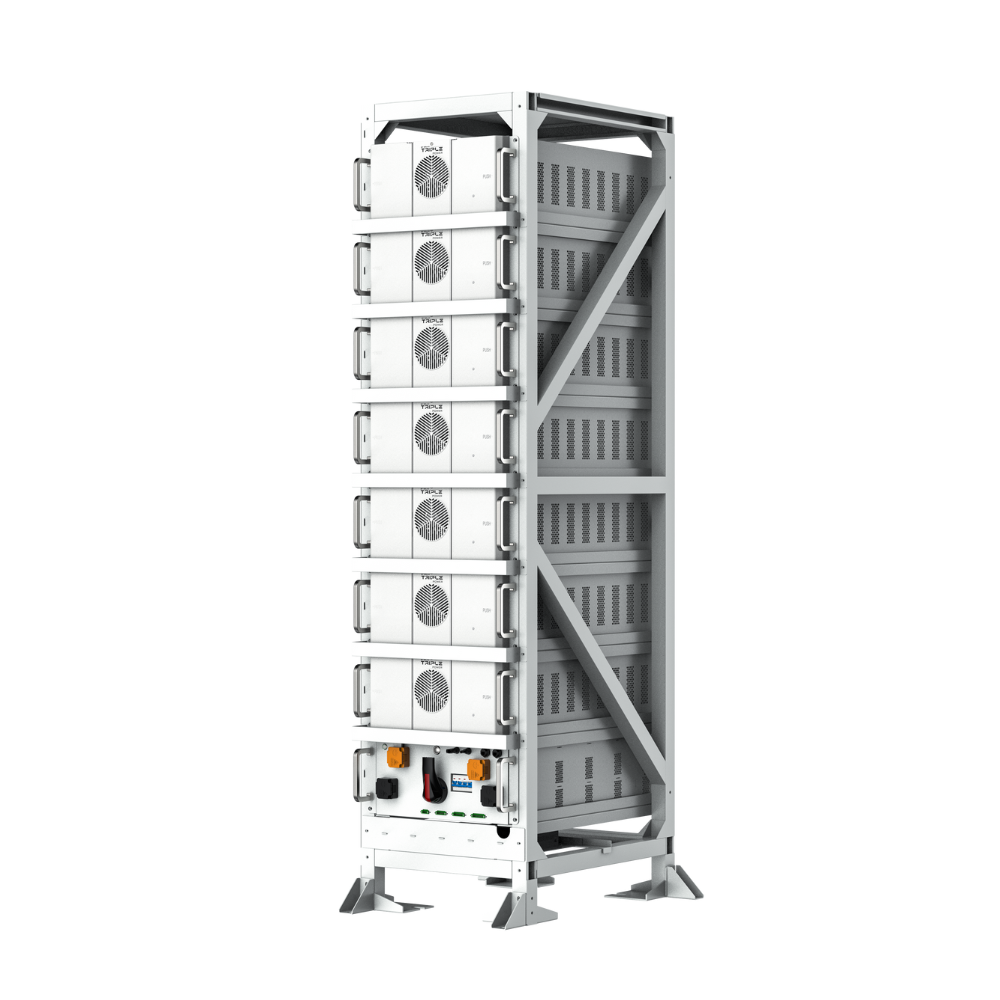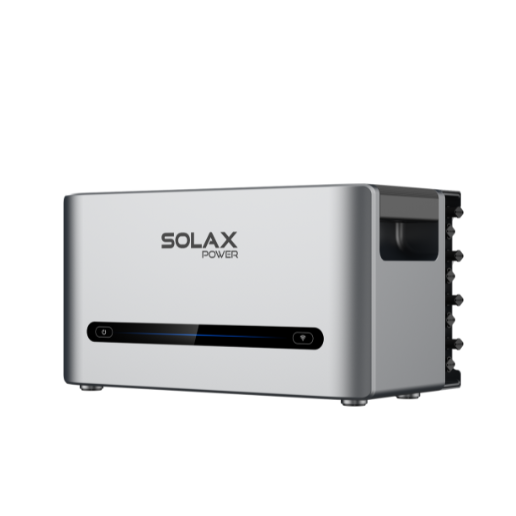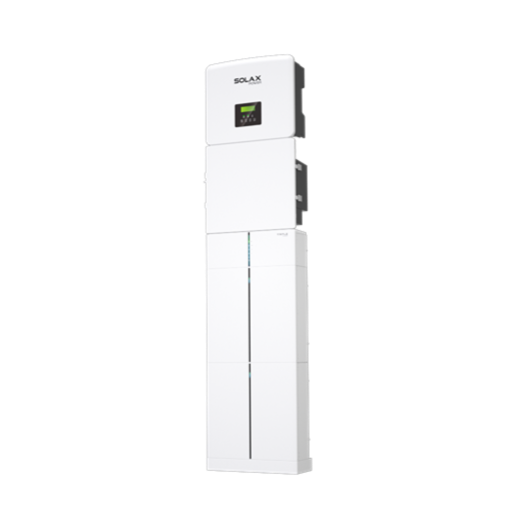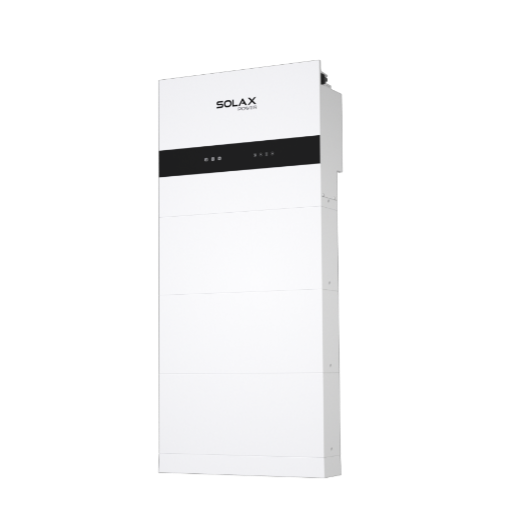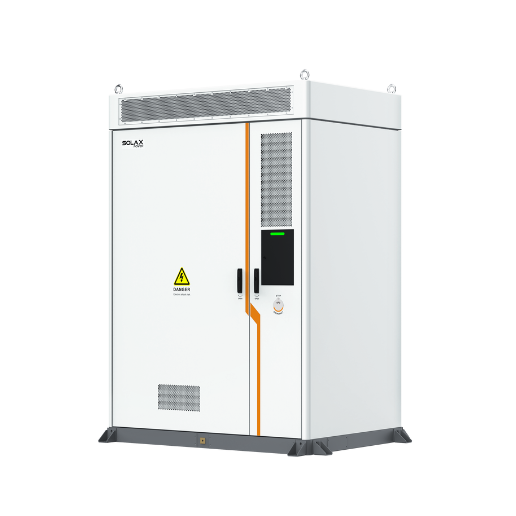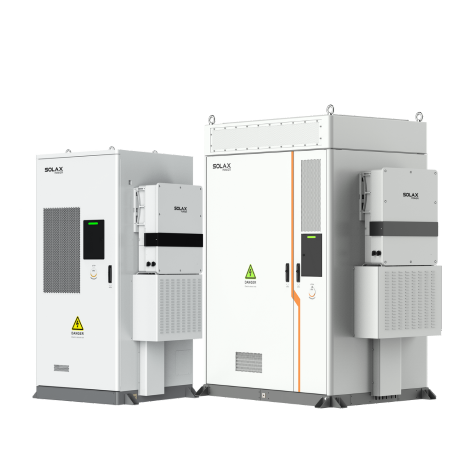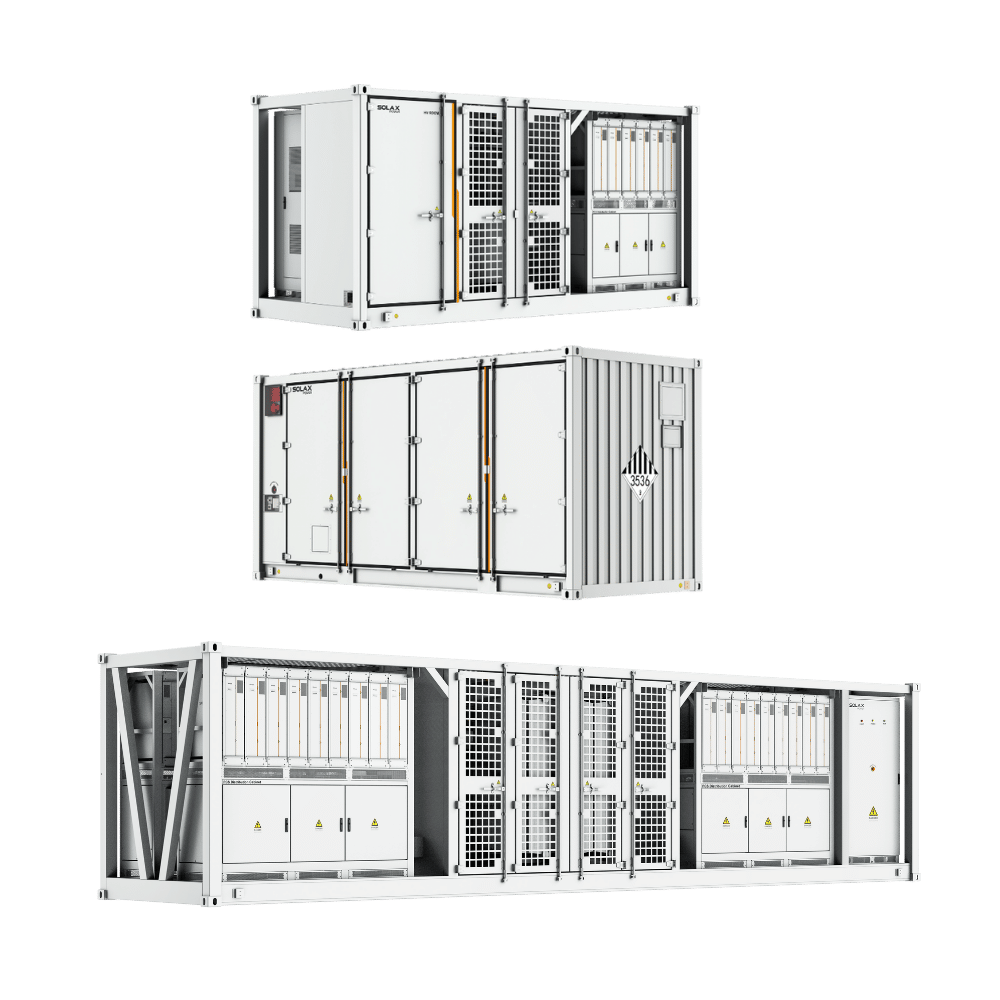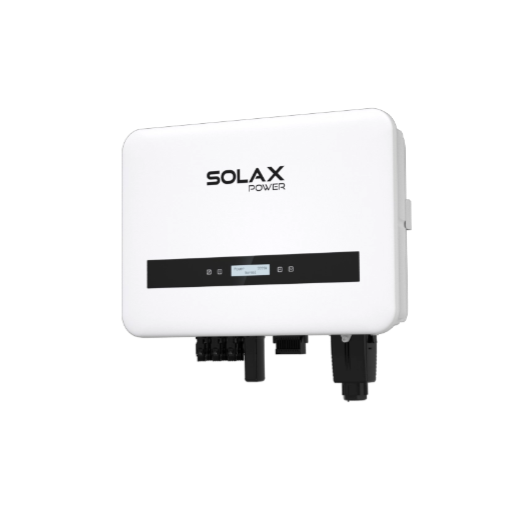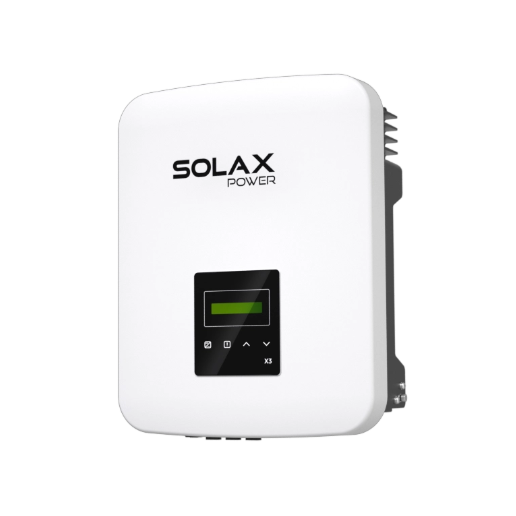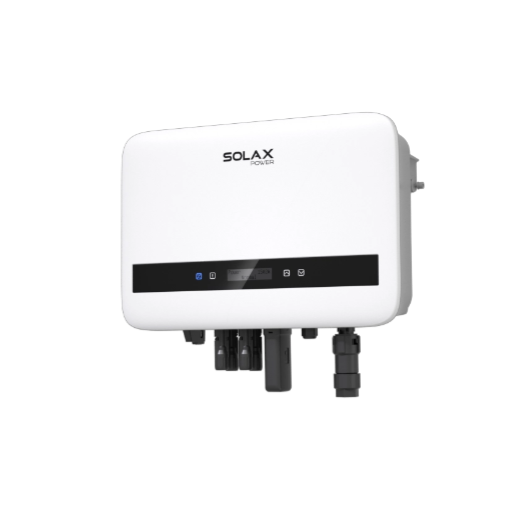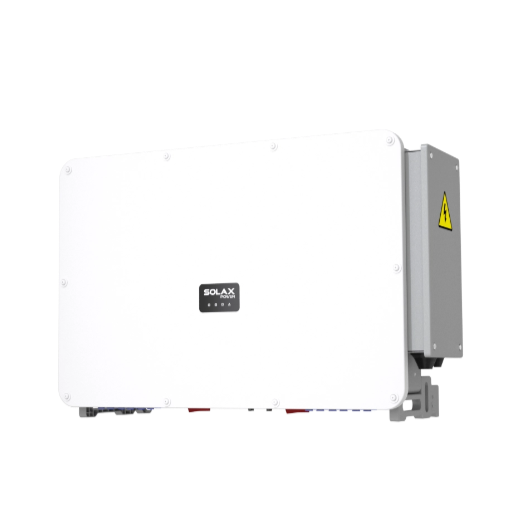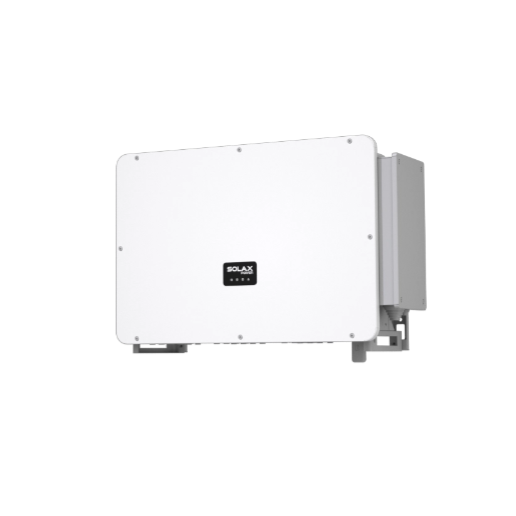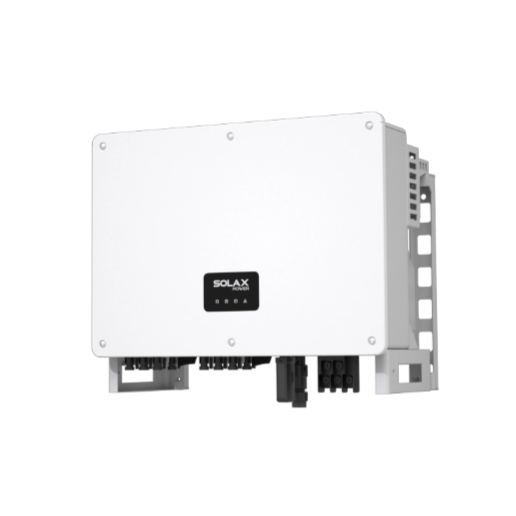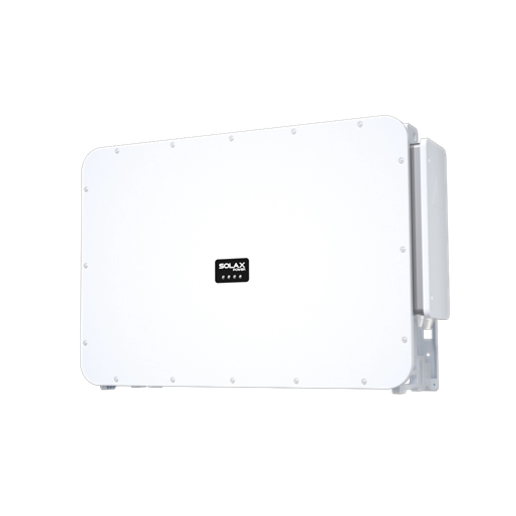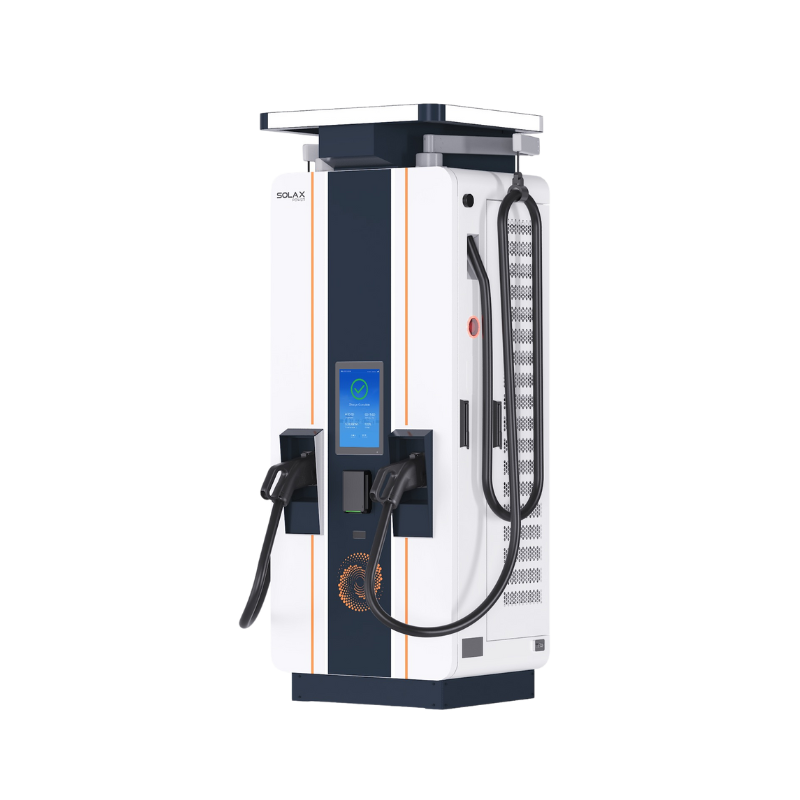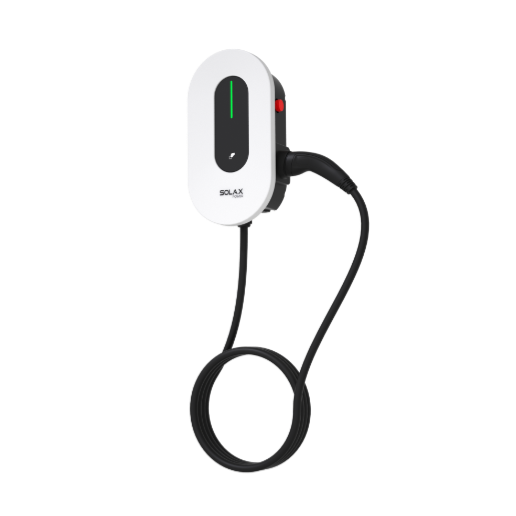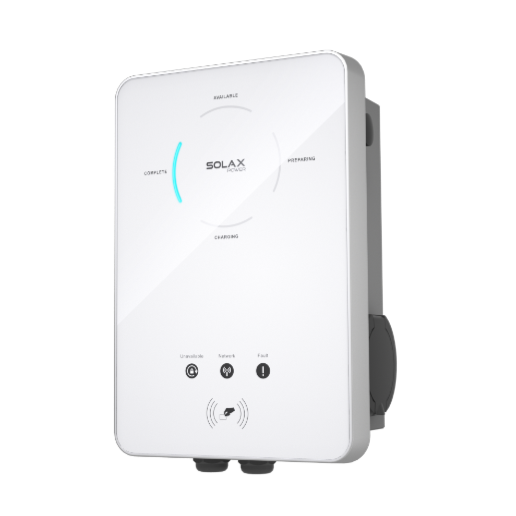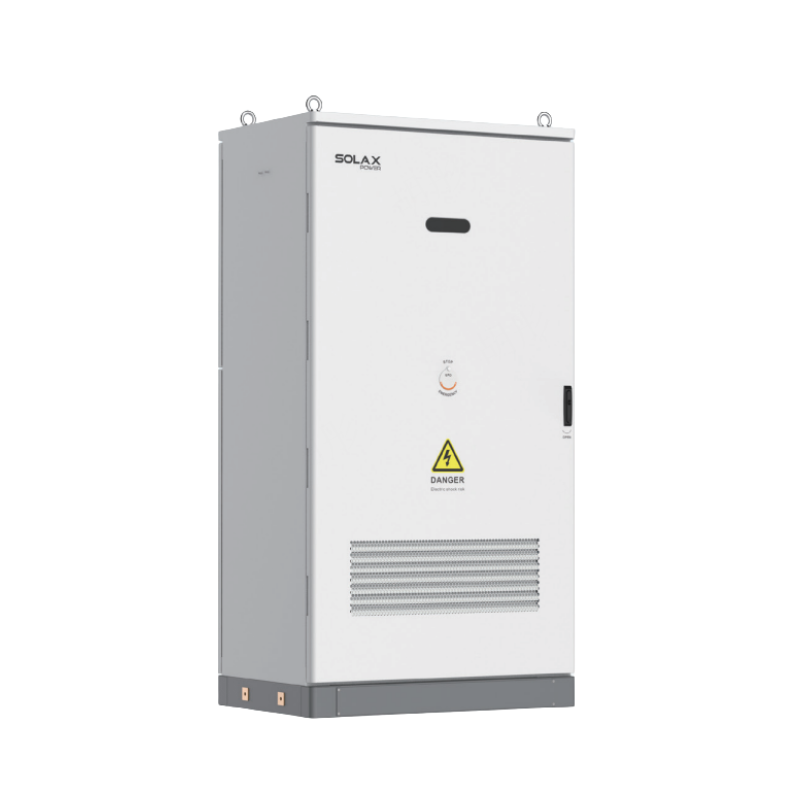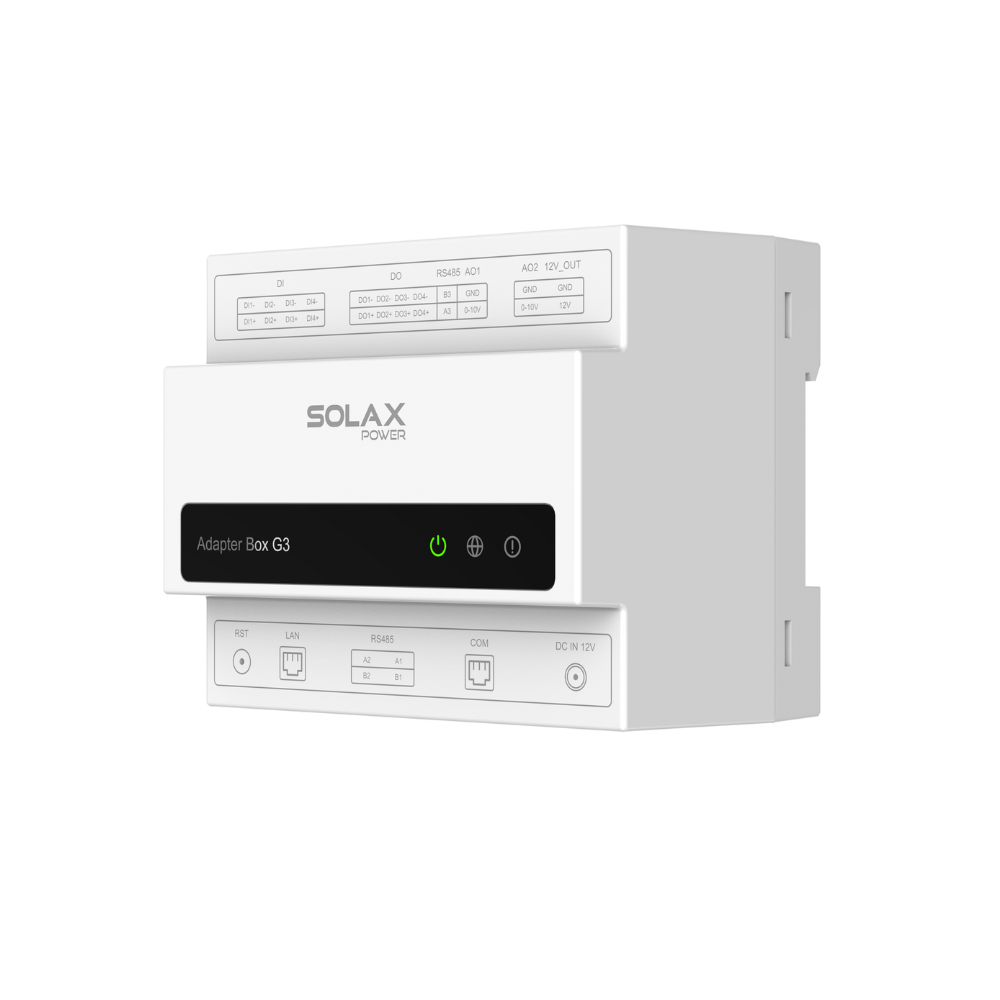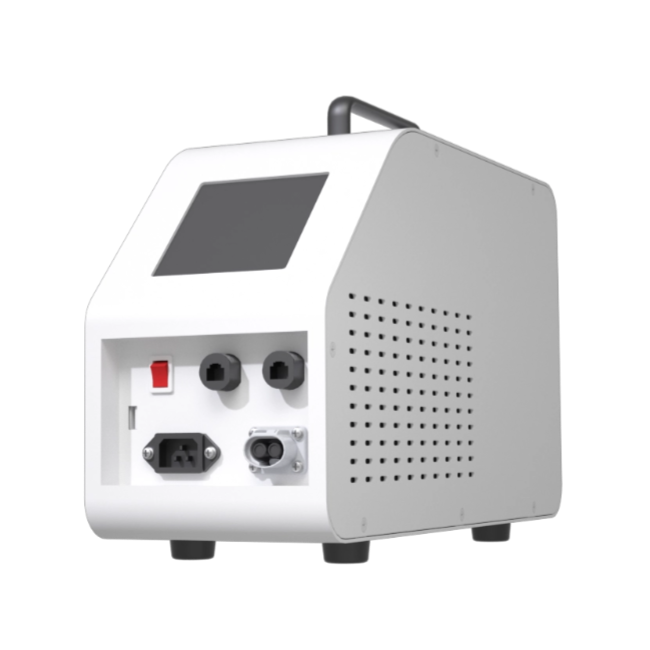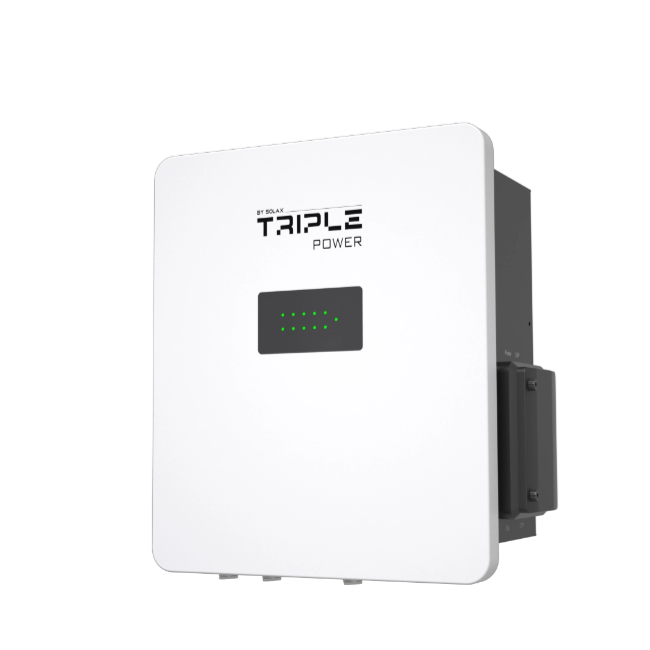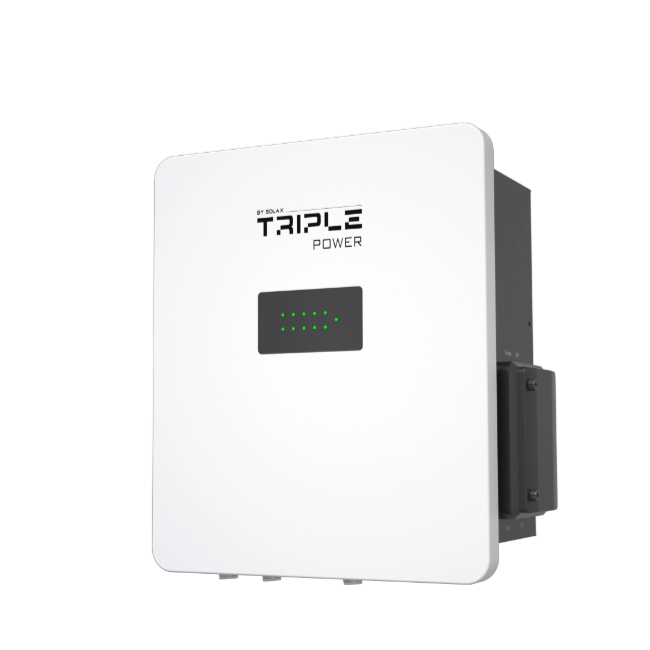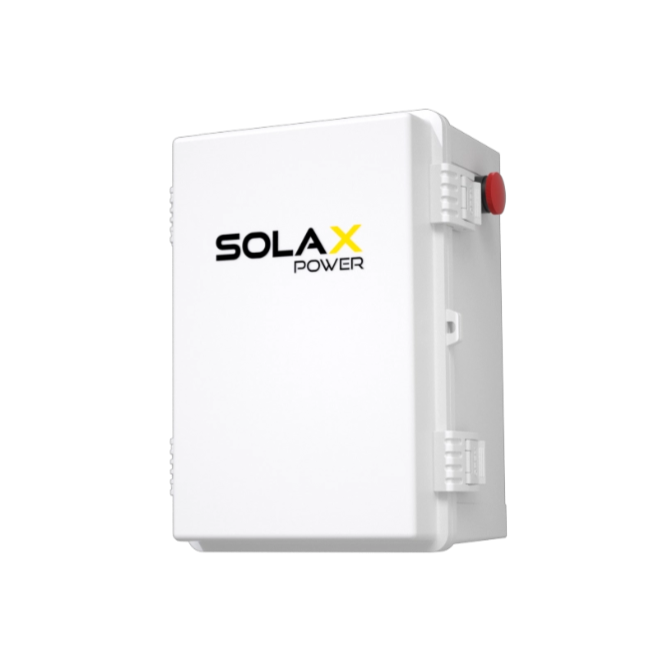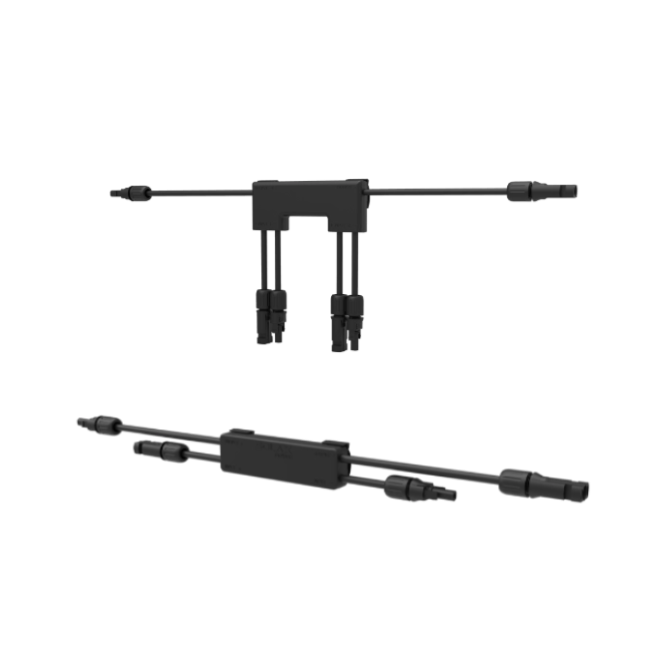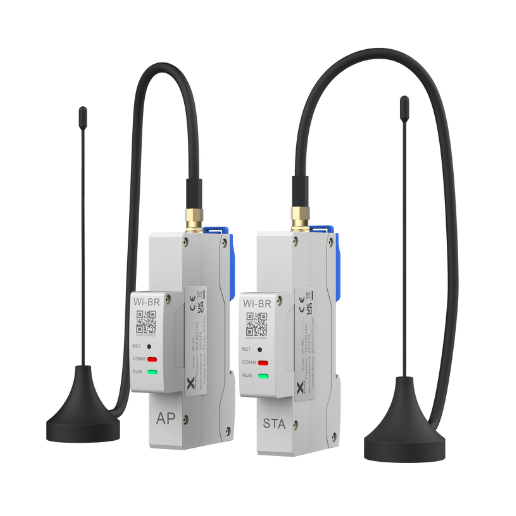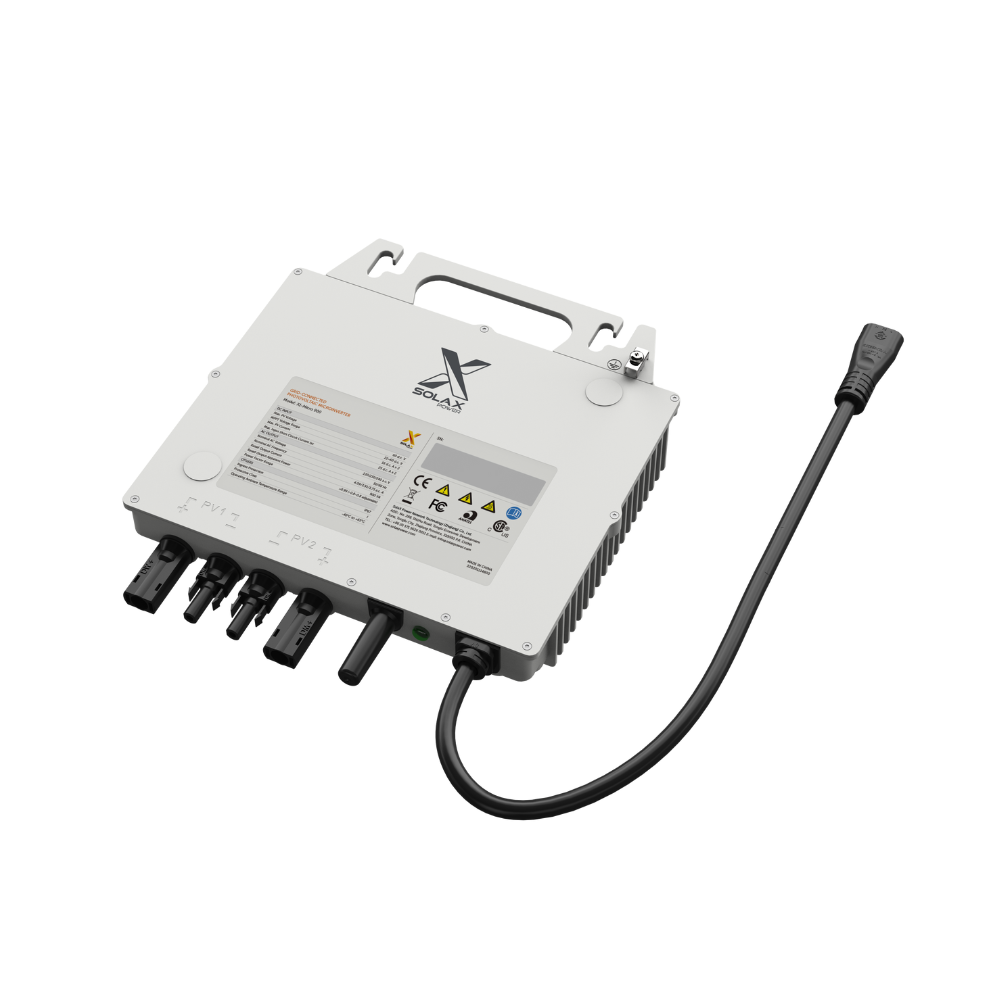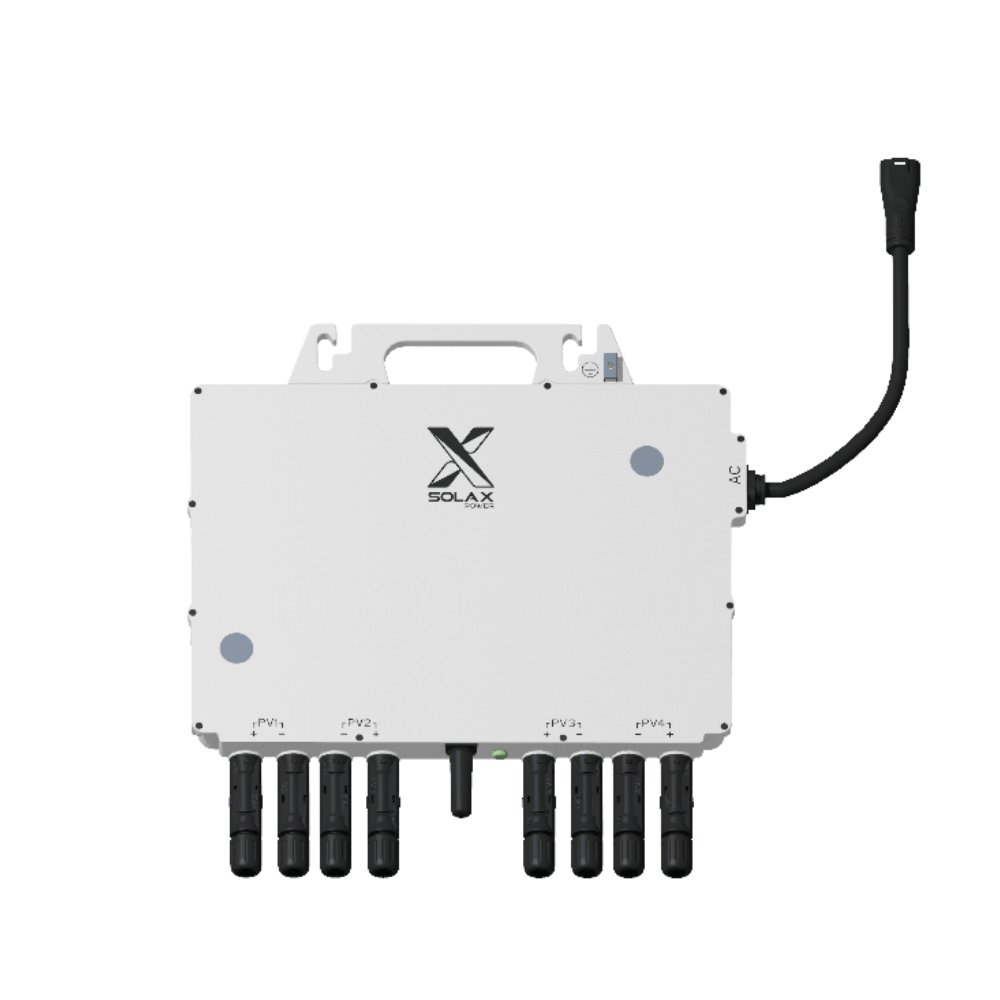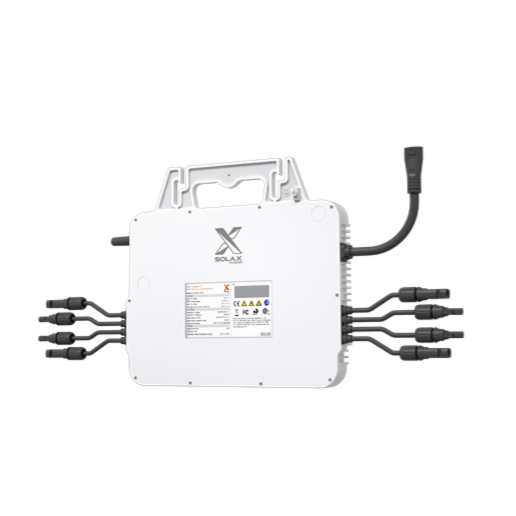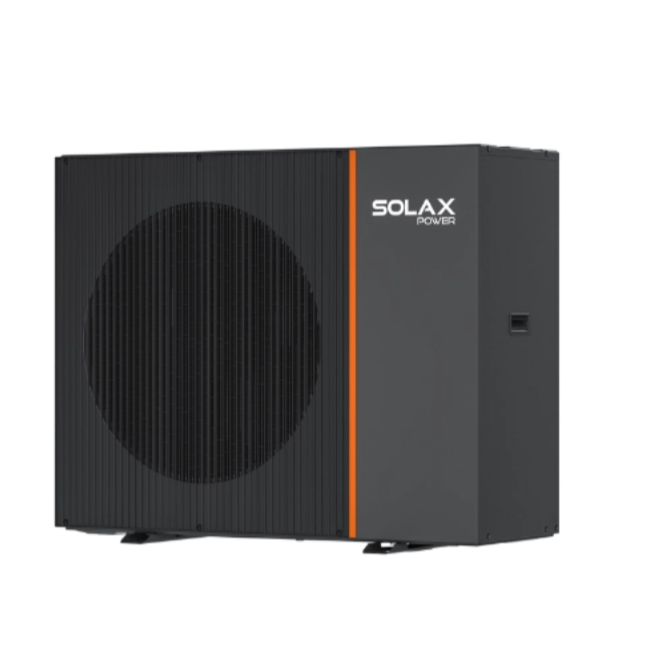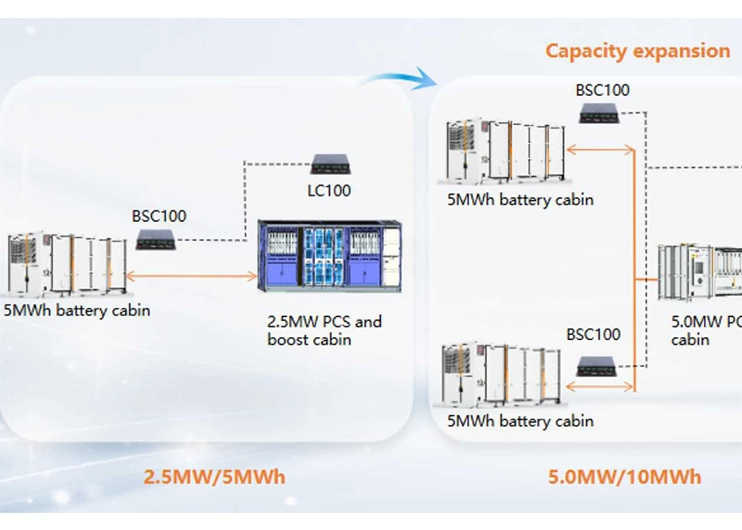January 06, 2025
Understanding Residential Energy Storage
Share my #SolaXStory
As the world increasingly shifts toward renewable energy sources, residential energy storage is becoming increasingly popular as homeowners to manage their energy consumption more efficiently.
1. What is Residential Energy Storage?
Residential energy storage refers to systems designed to store energy for household use. These systems, often paired with solar panels, allow homeowners to store excess energy generated during the day for use at night or during power outages. The heart of this technology is residential solar battery storage, a critical component in modern energy management.
1.1 Definition of Energy Storage
Energy storage is the process of capturing energy produced at one time for use at a later time. For residential applications, this typically involves the use of batteries to store electricity generated from solar panels or the grid. This stored energy can then be accessed during peak demand periods or when solar panels are not producing electricity.
1.2 Importance of Home Solar Battery Storage in Modern Homes
The significance lies in its ability to enhance energy independence, reduce electricity costs, and provide a reliable backup during outages. In today’s world, where energy efficiency and sustainability are paramount, residential solar battery storage ensures that homeowners can harness and utilize renewable energy to its fullest potential.
2. How Does Home Power Storage Work?
2.1 Basic Functionality
Home power storage systems work by capturing electricity—typically from solar panels—and storing it in batteries. When energy demand exceeds supply, or when the sun isn’t shining, the system discharges stored electricity to power the home. Advanced systems can also draw power from the grid during off-peak hours for storage, reducing reliance on high-cost electricity.
2.2 Components of Storage Systems
A typical home solar battery storage system comprises:
Solar Panels: Generate electricity from sunlight.
Battery Bank: Stores the generated energy.
Inverter: Converts direct current (DC) from the battery to alternating current (AC) used by household appliances.
Management System: Optimizes energy usage and monitors system performance.
3. Benefits of Home Solar and Battery Systems
3.1 Cost Savings
Residential solar systems with battery storage helps homeowners reduce reliance on the grid, leading to significant savings on electricity bills. By storing excess energy during the day and using it during peak pricing hours, households can minimize energy costs.
3.2 Enhanced Energy Security of Home Energy Storage
With a reliable home solar battery storage system, homeowners are better prepared for unexpected power outages. These systems ensure uninterrupted access to electricity, making them particularly valuable in regions prone to grid instability or natural disasters.

4. Types of Home Solar Power Battery Systems
4.1 On-Grid Storage Solutions of Home Solar Battery System
On-grid systems are connected to the public electricity grid. These solutions allow homeowners to store solar energy and sell excess power back to the grid, maximizing economic benefits while ensuring access to electricity even when stored energy is depleted.
4.2 Off-Grid Storage Solutions of Home Solar Battery System
Off-grid systems operate independently of the public grid. They are ideal for remote locations or homeowners seeking complete energy independence. Equipped with larger battery capacities, these systems provide consistent energy supply, even in extended outages.
5. Choosing the Right Residential Battery Backup Solar Systems
5.1 SolaX - Your Trusted Solar Energy Storage Solution Provider
When it comes to reliable and efficient solar energy storage system, SolaX stands out as a trusted name in the industry. With a commitment to innovation and sustainability, SolaX provides advanced solutions tailored to the needs of modern homes and small businesses. Our cutting-edge products are designed to maximize energy efficiency, reduce dependence on the grid, and provide homeowners with peace of mind.
5.2 Most Popular Residential Solar Power Battery Storage Products
Among SolaX's impressive lineup, the X3-IES is a top choice for residential and small commercial applications. This all-in-one solution integrates a 4~15kW hybrid inverter, a Battery Management System (BMS), and extensible battery modules ranging from 10kWh to 30kWh, ensuring flexibility and scalability for diverse energy needs.
Choosing the SolaX X3-IES means investing in a sustainable and future-ready energy storage system that meets the unique challenges of residential and small commercial energy management.
Last News
Explore expert insights, practical guides, and the latest news on SolaX Power.

To the Latest Newsletter
Stay Ahead with the Latest SolaX Updates!
Subscribe
I have read and agree to Privacy Policy and User Terms




